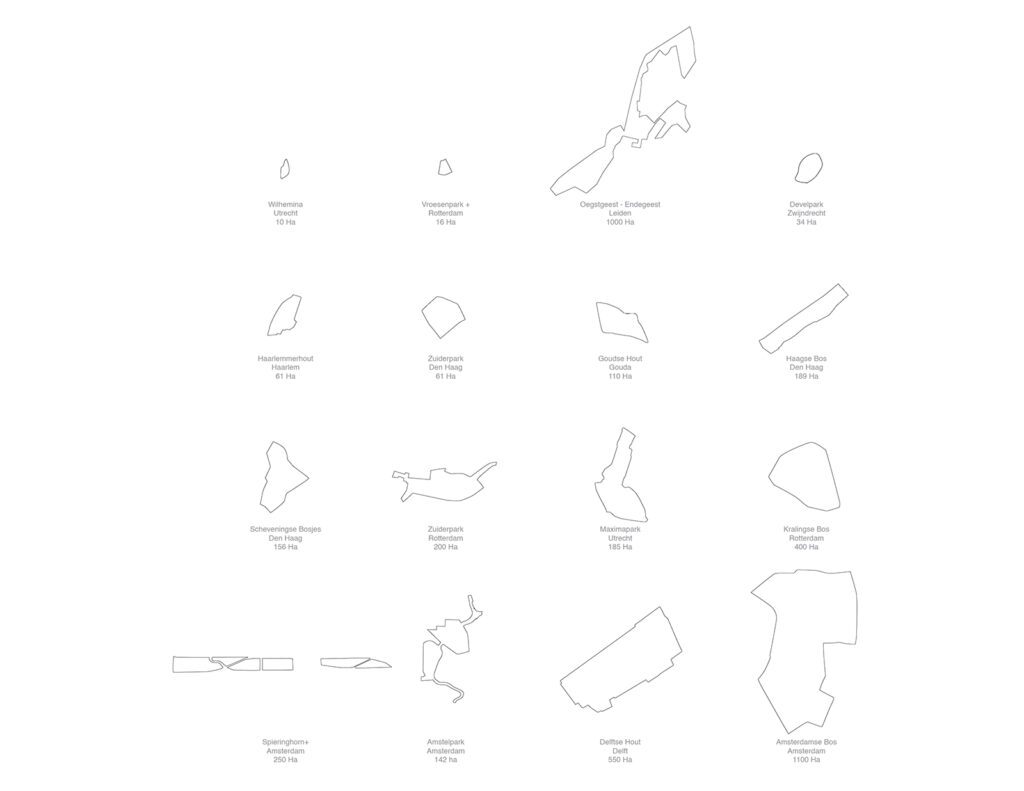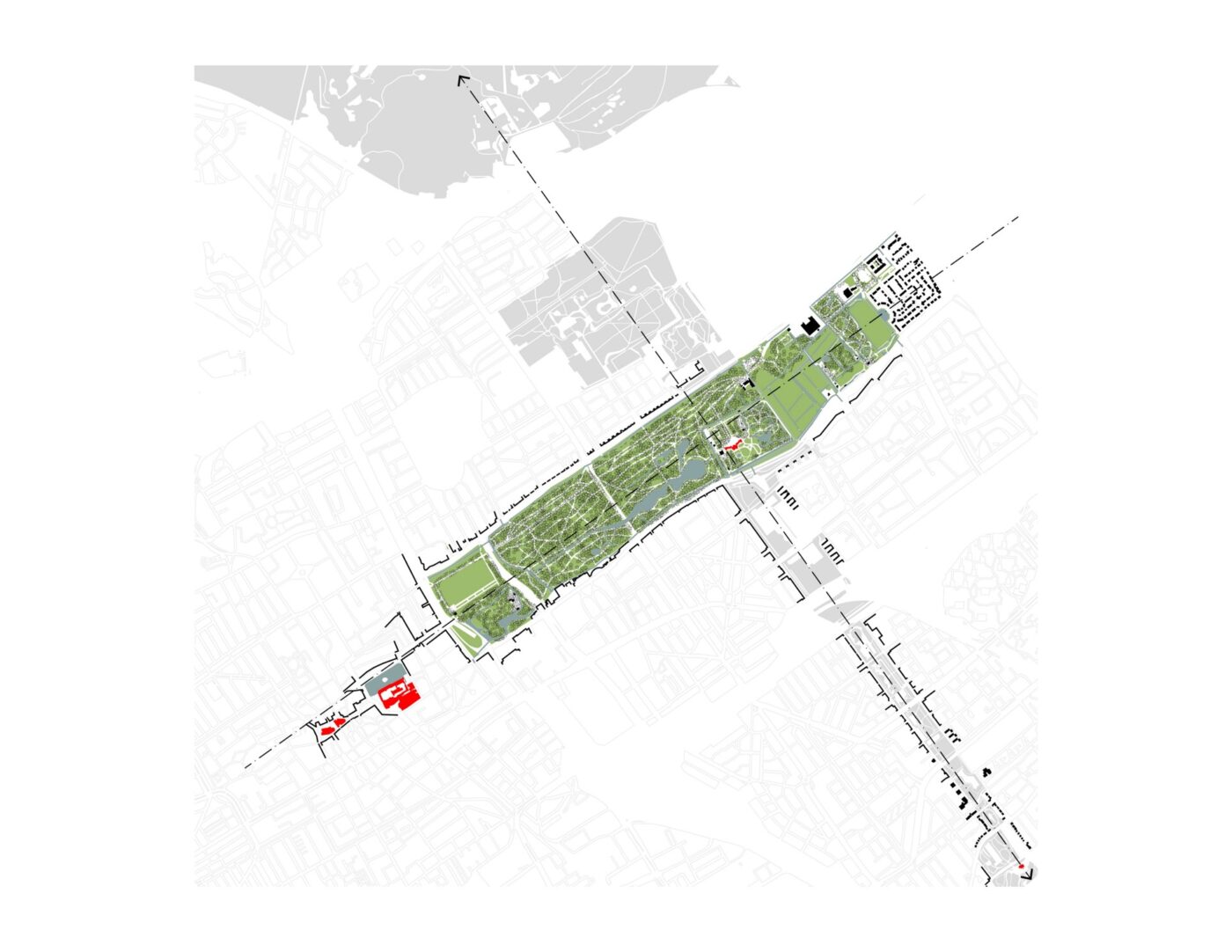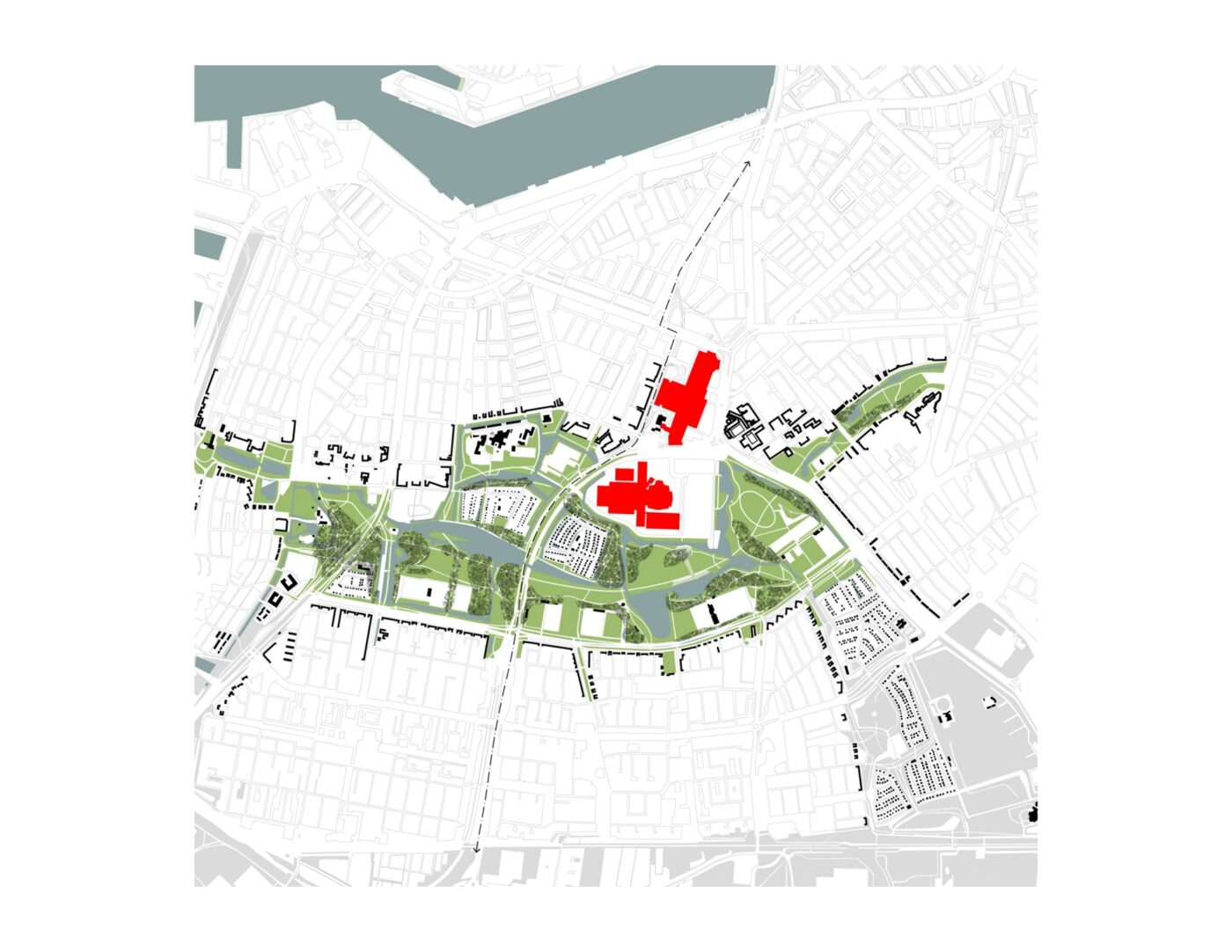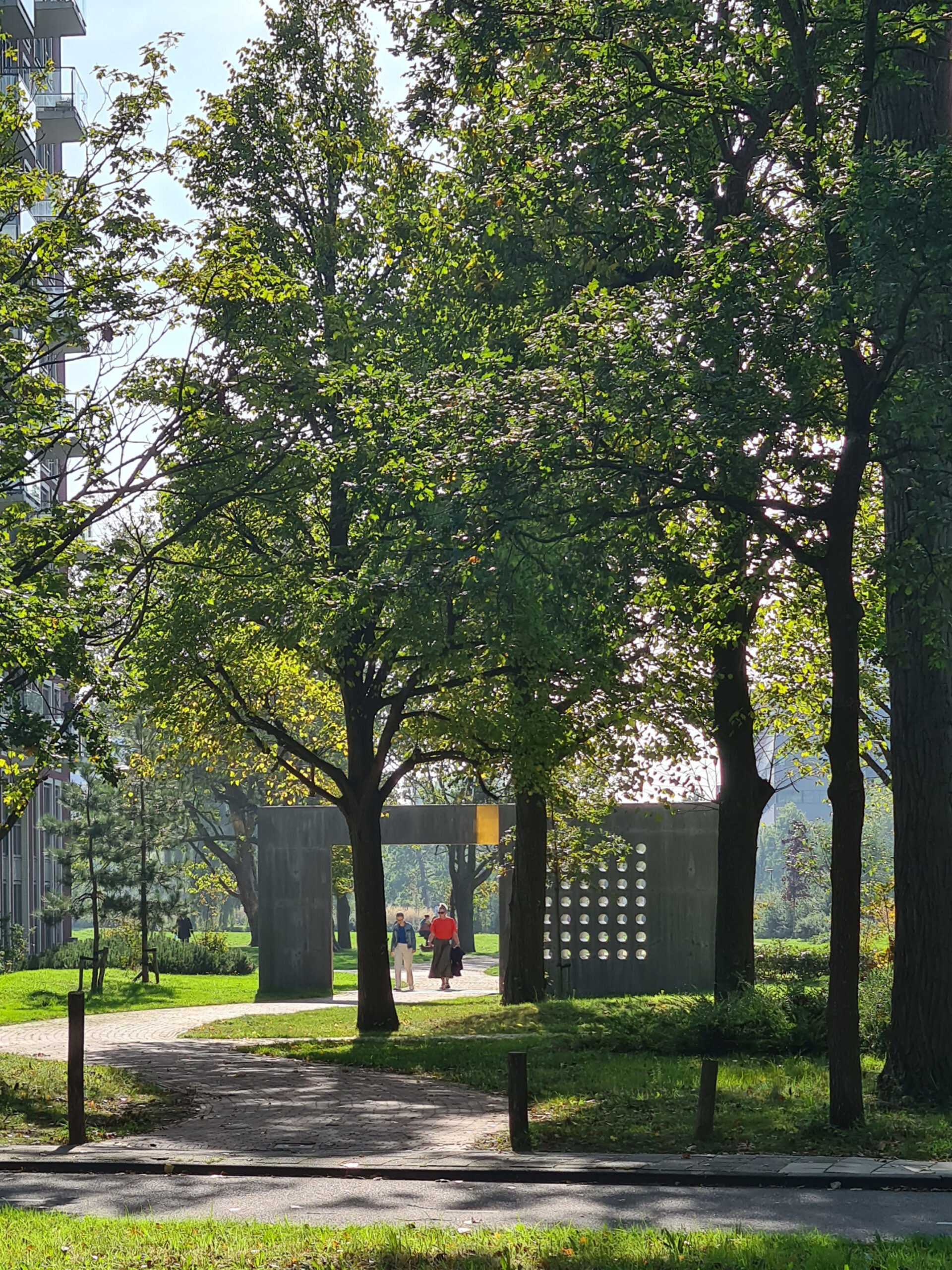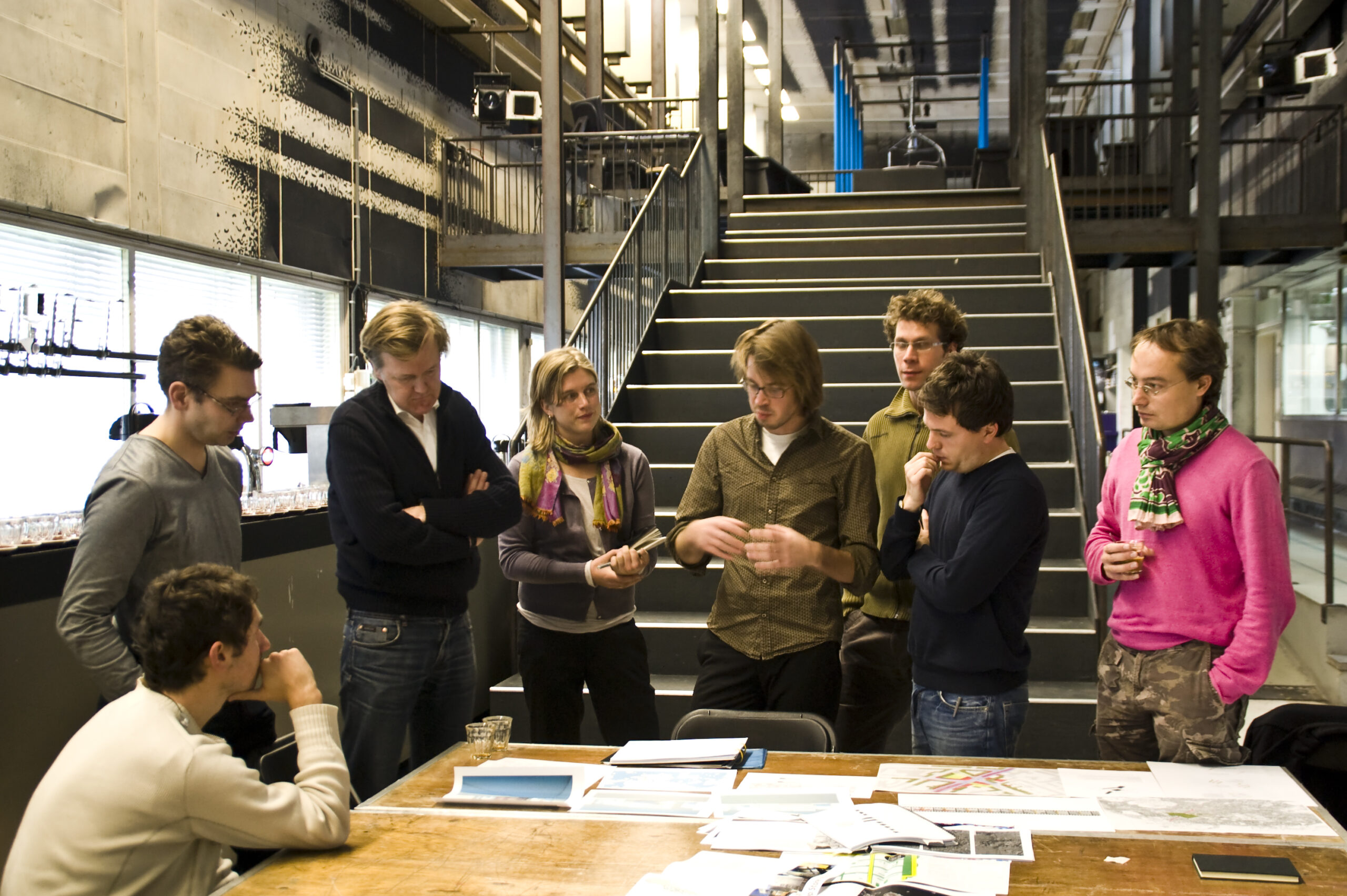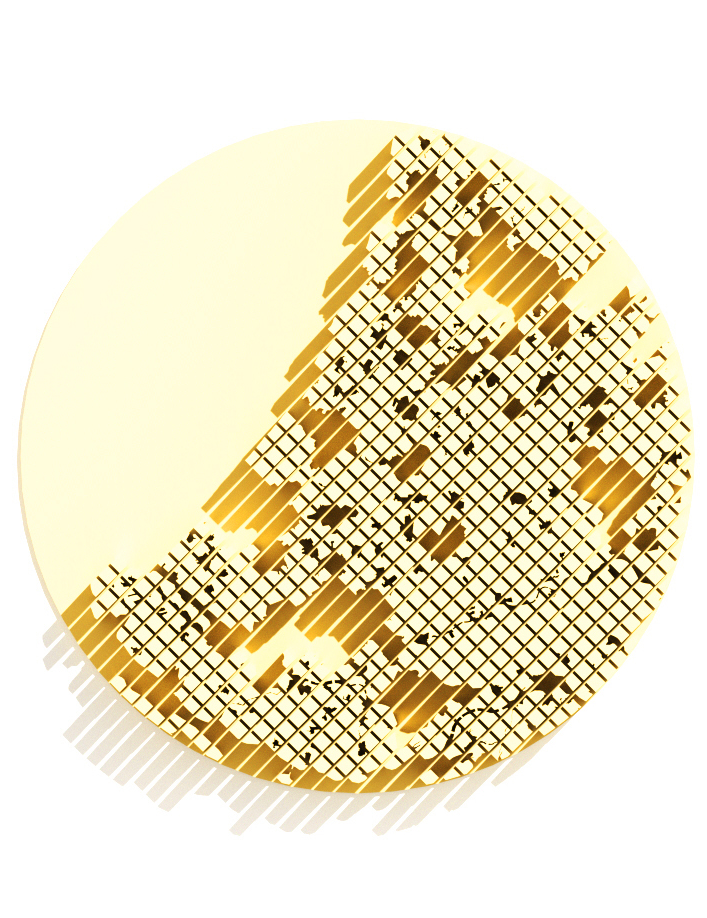Radical Spaces is a one-year research project (2021), designed to collect, catalogue and compare a range of socio-ecological support systems in the Randstad.
This practice-based research explores and represents urban and peri-urban green structures as main elements of urban spatial quality, shaping a typology of interactions between the built and the unbuilt. The project’s outcome is the development of an atlas synthesizing the conducted research on existing and potential green spaces with a historic, spatial and cultural meaning. The atlas serves as our research and design tool, opening the question of urban liveability and preservation of contested open space in light of extreme urbanization trends.
Apart from maps and diagrams, the team used aerial pictures as a tool of diachronic reading of urban and peri-urban green structures in the Randstad. With an eye on the past, present and future, Radical Spaces offers a radical reframing of how fundamental and less obvious green structures are perceived and valued, while stimulating new experiments and design processes and adding to the body of knowledge on unbuilt space and green.
The documentation of classic types of parks and metropolitan landscapes, in combination with research on cultivated peripheries and fantastic accidents, lays the foundation for identifying the next generation of metropolitan parks. In light of extreme urbanization and densification trends, there is a high possibility for what appears today as contested unbuilt space to emerge into a new type of enclosed gardens, capable of guiding the quality of future urban developments.
